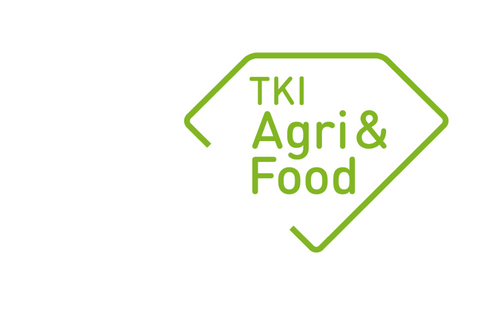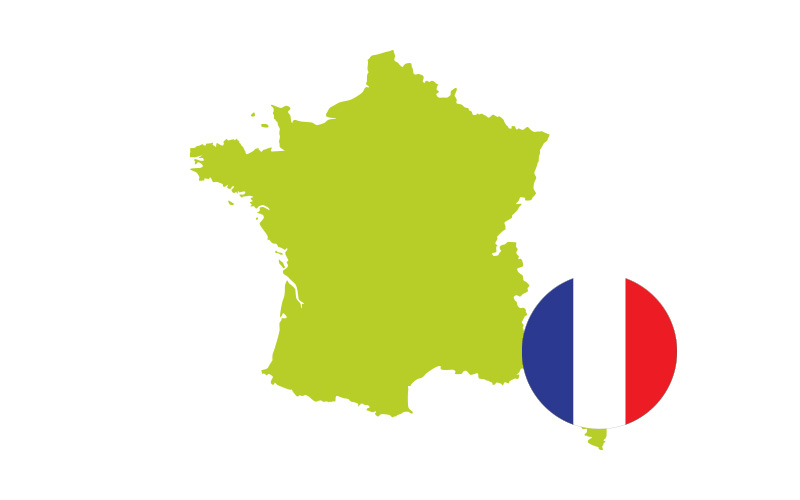Project title: Explore value chain Miscanthus
Project number: SMP-24011
Requesting country: France
Year: 2024
Budget: € 40,000
Project leader: Christiaan Biemond
Knowledge institute: Wageningen University & Research
Project partners: Vandinter Semo
Summary
Climate change is forcing the world to seek renewable resources for applications like replacing peat, the paper industry, construction materials, among others. Miscanthus is a new fibre crop that may be suitable for various applications, and a great way to capture and lock CO2 in durable products, like construction material. Although there are some companies in France and the Netherlands utilizing Miscanthus, large scale production has not taken off yet due to two connected problems. First, farmers will need to know if they can sell the produced biomass to a buyer, for a price that allows them to make a profit. Secondly, industry will need to develop high value products utilizing miscanthus, but also need assurance that there will be sufficient and reliable supply of miscanthus biomass. An important aspect is the fibre quality of new varieties, that may be crucial to create new applications and/or more added value. In contrast to the currently used Miscanthus giganteus, new Miscanthus sinensis varieties are hybrids with better biomass quality and therefore mode suitable for further processing into biobased products. The aim of this project is to explore how the value chain of Miscanthus can be further developed by exploring the demand and supply side, build a consortium across the value chain, and finally seek large scale funding for follow up projects to realize the ambitions. The project is supported by strong consortium involved in Miscanthus breeding, propagation material, cultivation, trade and processing into different products. One innovative aspect of this project is the evaluation of new Miscanthus sinensis varieties at different steps of the value chain, from cultivation to suitability for different biobased materials. Additionally the project will quantify the CO2 capture of Miscanthus, and will become a platform for international collaboration to share knowledge and experience, build international partnerships, and jointly seek funding to boost the Miscanthus value chain. Therefore this is truly a seed money project utilizing a small budget to create a large projects on Miscanthus production and utilization.
Deel dit bericht


